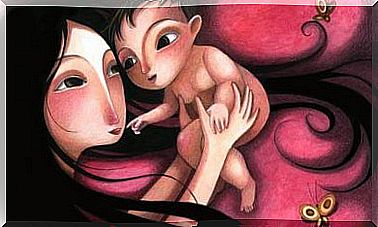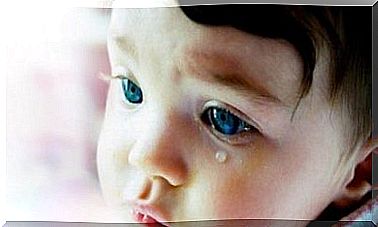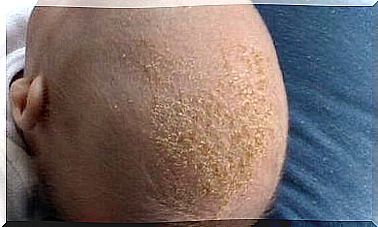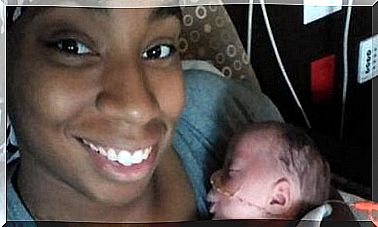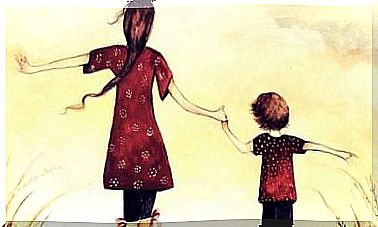How Do Genetics Affect Your Baby?
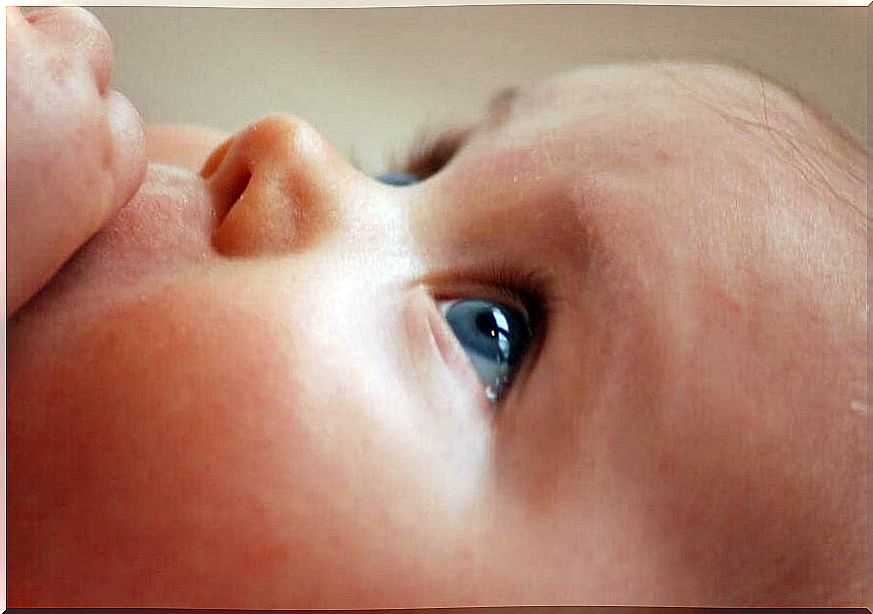
You are probably curious about what your baby will be like. You may also be afraid that it could inherit a disease. Or you want to know if it will have blue, green, or brown eyes. Today’s article is about how genetics affect your baby.
Genetic and environmental influences
The genetics are determined by the following formula:
How does this work? Gene expression, also called phenotype (eye color, height, weight …) is influenced by genetic factors, environmental factors (or the environment) and the interaction between the two.
However, the environment cannot change or affect the way some genes are expressed. For example, the genes that affect appearance.
This means that the parents’ genes determine that the eye color will be green, regardless of whether the baby is born in China, Senegal or Argentina.

However, some genes can change over time or through the environment. But they don’t necessarily have to be expressed. The environment is more likely to affect the expression of the genes that shape the baby’s personality.
Some of the genes responsible for the predisposition to smokers, alcoholics, or violence can be controlled. In this case, the environment has a strong influence.
The directory of genes
Your baby’s genetics are determined by both parents. These genes define the shape of the eyes, the nose, the fingers, the size of the feet, the thickness of the hair … everything is registered there. The chromosomes are the stores of genes.
Usually humans have 23 pairs of chromosomes. The father provides half of the baby’s genetic information, the mother the other. Well, why do the children sometimes look more like one parent than the other?
Every gene exists twice, one comes from the mother, the other from the father. The dominant genes determine the characteristics that are ultimately expressed.
The employees of the health portal Medline Plus explain: “Each chromosome basically carries the same information, which means that every pair has the same genes.
Sometimes these genes vary slightly. These variations occur in less than 1% of the DNA sequence. The genes in which these variations occur are called alleles. “
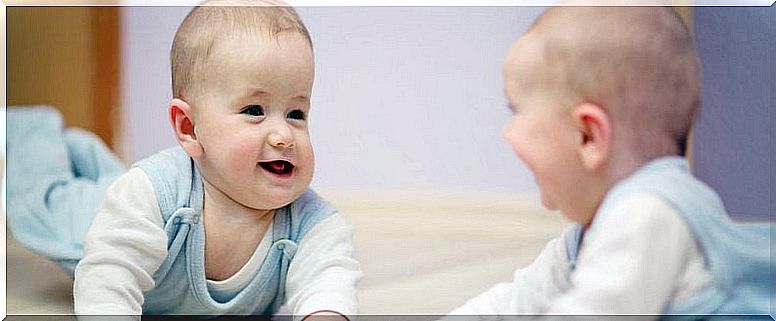
What eye color will it be?
For a long time it was thought that only two genes determine a person’s eye color. However, advanced technology has allowed us to study the human genome even further.
We now know that at least 8 genes are involved in determining eye color.
And we also know that the color brown is dominant over green or blue and green is dominant over blue.
Dominant and recessive genes
It should be noted that there are dominant genes on the one hand and recessive genes on the other. The former are the “stronger” ones. They are more likely to determine certain characteristics.
The recessive genes are weaker, but remain present and for this reason can be expressed in a subsequent generation.
What about the hair?
As for the hair, things are a little different. A few years ago, 12 different genes were defined that determine hair color. In total they come in about 45 variations in terms of color, shape and type.
Dark hair is a dominant gene, light hair is recessive. Redheaded people must have this recessive gene. They also need two alleles that carry information for red hair, which is relatively unusual.
What traits do genetics affect most?
The environment in which the baby is born determines which genes are ultimately expressed.
For example, a child may be genetically predisposed to grow tall and obese. But if it is not properly nourished in childhood, it is possible that these genes will never be expressed,
The environment can therefore make it easier or more difficult for the baby’s genetic information to develop its maximum potential.
So parents are responsible for enabling the child to get the most out of their genes by having the environment guarantee the right stimulation.
